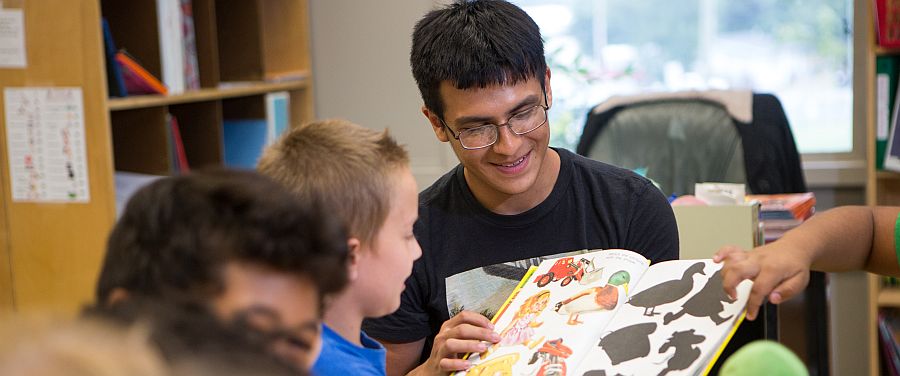Academic Skill Interventions (Children)
If your child needs to improve his or her academic skills, the KLASS Center offers two general approaches for interventions to help children. One type is parent-based, that is, the parent is trained to implement the intervention in the home, and the second type is clinic-based, the more traditional type of service, where the child is brought to the clinic offices for a clinician to work with the child over an extended period of time. There are advantages and disadvantages for both types, but we typically recommend the parent-based version.
The most common intervention referrals are for children having difficulties in the basic skills of reading and/or math. Our clinicians can provide intervention services to improve various difficulties that range from building reading fluency to reading comprehension to math fluency, among others. With any intervention service referral, if a recent assessment has not been completed, a targeted assessment of the specific skills of concern is conducted to get a baseline level of functioning (this is not the same as a comprehensive psychoeducational evaluation). Once the clinician has a baseline level from which to work, evidenced-based interventions can be chosen that best meets the needs of the particular child who is receiving the services.
NOTE – All academic interventions used by clinicians or provided to the parents are supported by peer-reviewed scientific research that has demonstrated evidence of effectiveness.
Parent-Based
For those academic skills that can be worked on at home, which are most reading and math skills, we offer to teach parents how to implement an evidence-based intervention that best matches with the child’s identified skill deficits. Following the baseline assessment, an intervention is selected and the parent is trained how to implement with their child, how often to work with their child, how long each session should last, how to collect on-going data to determine if their child is progressing, and how to reward the child for progress. Following the baseline assessment, we ask to meet with the parents for the initial training, then follow-up at week 1, week 3, week 6, week 12, and week 18 for a total of seven (7) sessions. We can meet more often if necessary.
Clinic-Based
We also offer services in the traditional manner; that is, the child is brought to the clinic for a regularly scheduled session where a clinician provides the intervention services directly. Sessions last fifty minutes, and we require a commitment of at least eight (8) weekly sessions for this arrangement.
